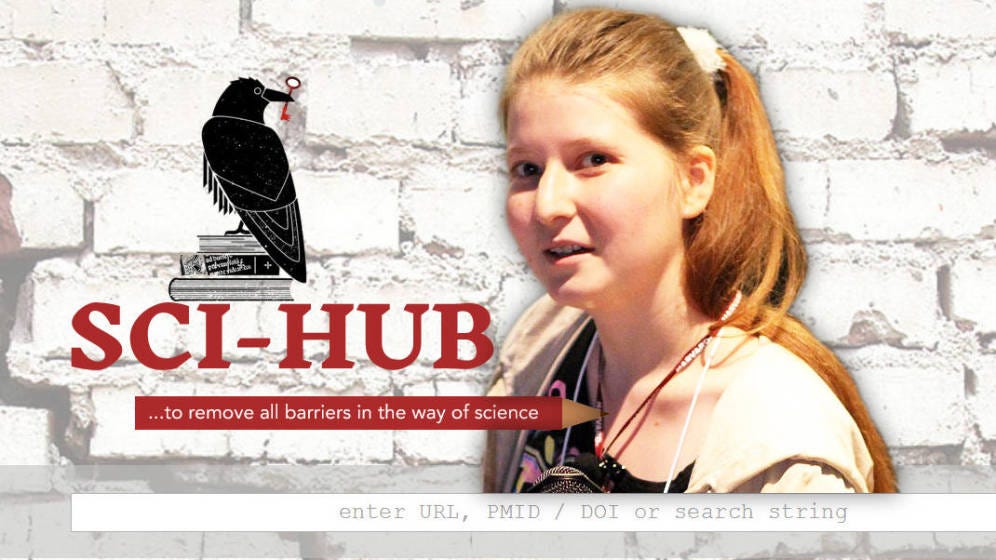Introduction:
In the ever-evolving landscape of academia, the pursuit of knowledge has taken center stage. However, the traditional means of accessing scholarly articles and research papers have often posed challenges, from expensive journal subscriptions to paywalls that restrict access. Enter Sci-Hub, a platform that has sparked a revolution in the way we access scientific literature. In this blog post, we will explore sci hub links, their impact on the academic community, and the ongoing debate surrounding open access to scientific knowledge.
The Rise of Sci-Hub:
Founded by Alexandra Elbakyan in 2011, Sci-Hub was established with the mission of breaking down barriers to knowledge by providing free access to scientific articles and research papers. The platform operates by bypassing paywalls and offering users a way to access copyrighted material without the need for expensive subscriptions. Despite facing legal challenges and attempts to shut it down, Sci-Hub has grown in popularity, with millions of users worldwide relying on it for free access to scientific literature.

Benefits of Sci-Hub Links:
- Universal Access to Knowledge: Sci-Hub has played a crucial role in democratizing access to scientific information. It provides researchers, students, and enthusiasts from around the world with the ability to explore a vast repository of knowledge that might otherwise be financially out of reach.
- Accelerating Research: By removing financial barriers, Sci-Hub has accelerated the pace of scientific research. Researchers can now access relevant literature quickly, leading to more efficient and collaborative efforts in advancing various fields of study.
- Educational Equality: Sci-Hub has become an invaluable resource for students in developing countries where universities may struggle to afford costly journal subscriptions. This fosters educational equality by ensuring that students globally have access to the same pool of knowledge.
Controversies Surrounding Sci-Hub:
- Copyright Infringement: One of the primary criticisms leveled against Sci-Hub is that it operates in violation of copyright laws. Publishers argue that researchers and institutions invest time and resources into producing quality content and deserve compensation for their work.
- Impact on Publishers: The rise of Sci-Hub has sparked concerns among traditional publishers about the financial implications of widespread free access. Some argue that the existence of Sci-Hub threatens the sustainability of the publishing industry and the quality of peer-reviewed journals.
- Legal Battles: Sci-Hub has faced numerous legal challenges, with publishers taking legal action to shut down the platform. The legal battles highlight the tension between the desire for open access to information and the need to protect intellectual property rights.
Conclusion:
Sci-Hub links have undoubtedly sparked a revolution in the way we access scientific knowledge. While the platform has garnered widespread support for its mission to break down barriers to information, it also faces staunch opposition from publishers and legal entities. The ongoing debate surrounding Sci-Hub underscores the broader conversation about the future of open access to scientific literature. As the academic community navigates these challenges, the ultimate goal remains clear: ensuring that knowledge is accessible to all, regardless of geographical location or financial constraints.
